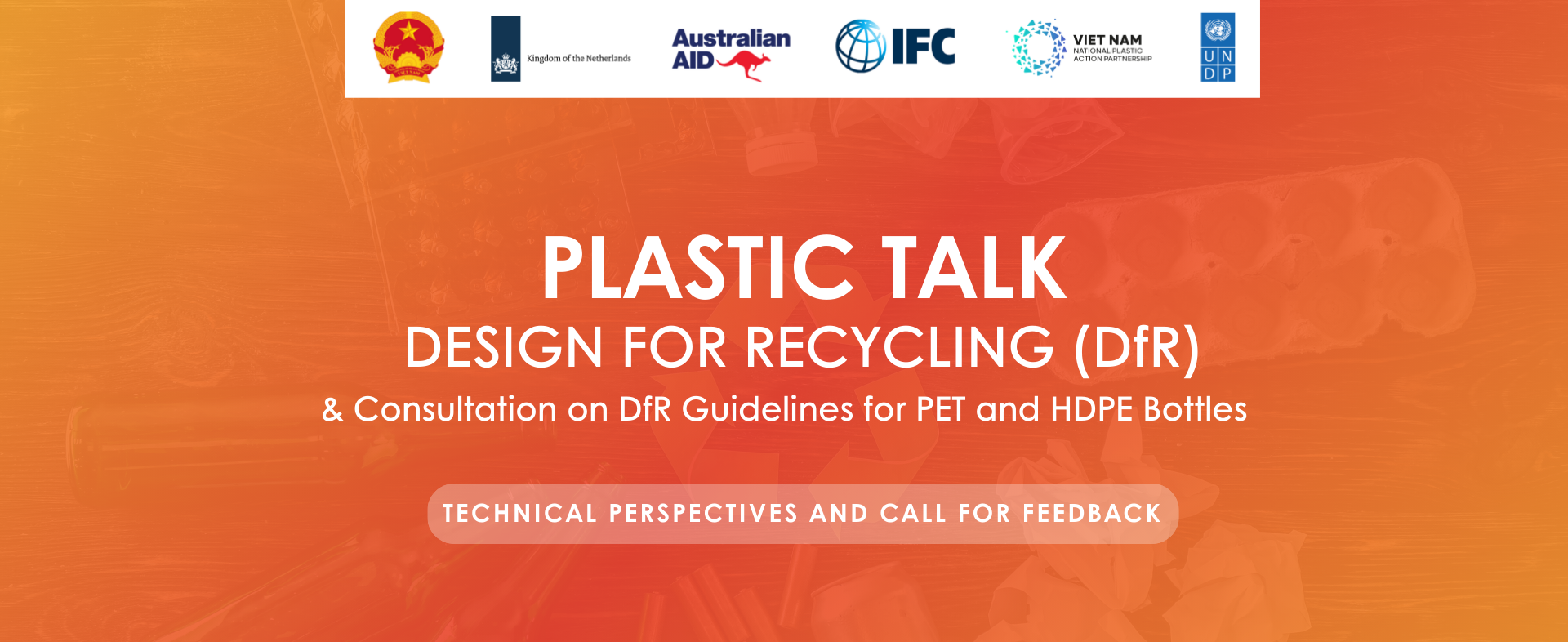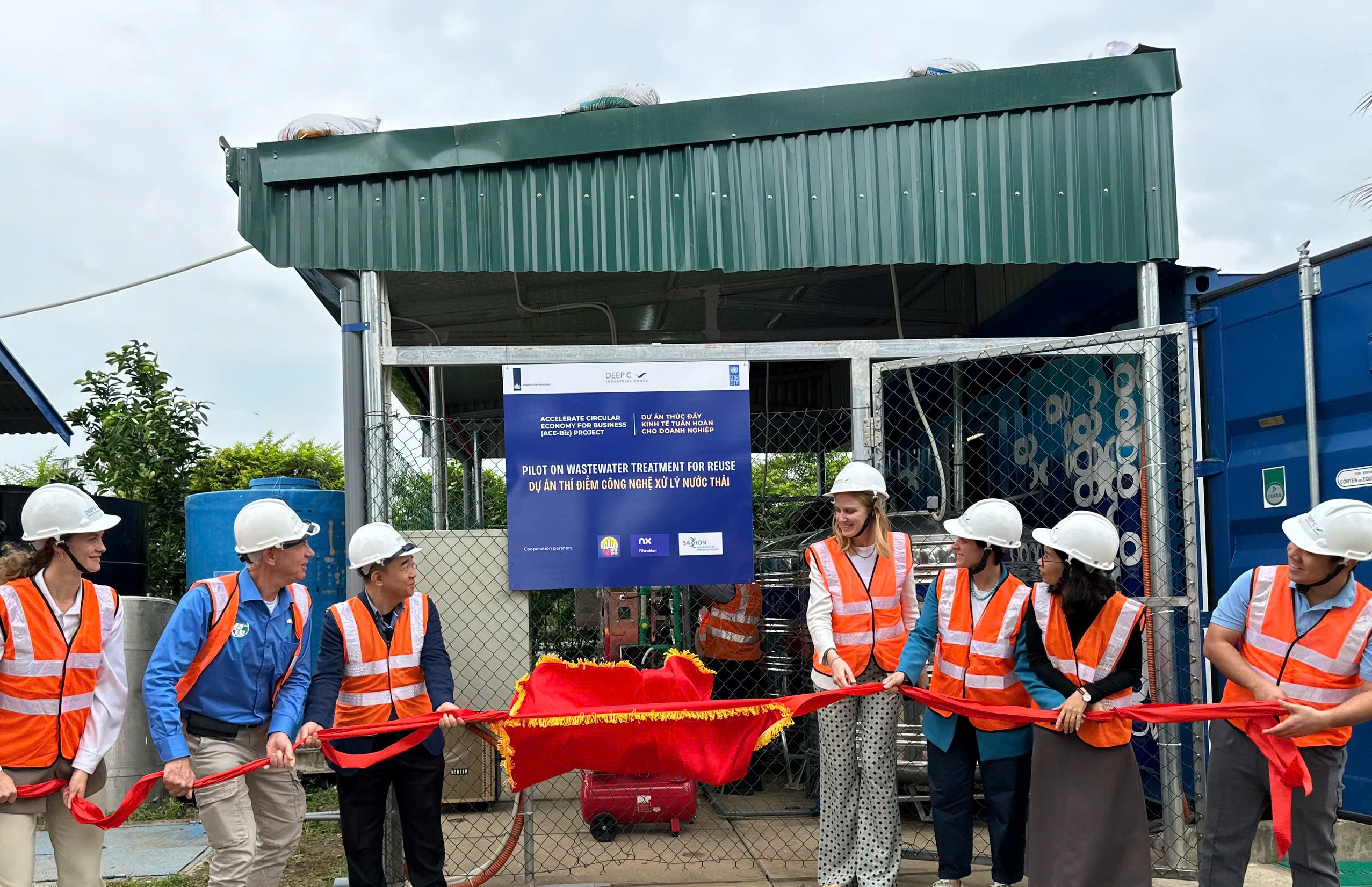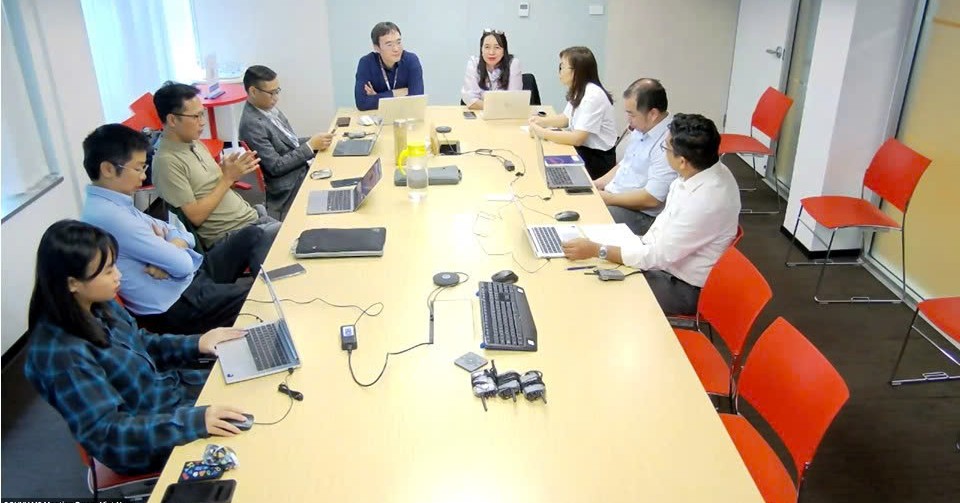
TOWARDS A NATURE POSITIVE TOMORROW TOGETHER WITH FUTURE LEADERS
In 2023, one of the world’s most influential circular economy events, the World Circular Economy Forum, returned to the Nordics. With examples from around the world, the Forum gathered a global audience in Helsinki, Finland to share solutions and show how the circular economy can help both nature and the economy.
Since these issues are multi-generational and the core principle of a circular economy must be ensuring sustainability in the long-term, one goal of WCEF2023 was engaging younger generations in the top-level circular economy discussions. On the opening day, a plenary session designed by four youth organisations had young leaders boldly speaking for a future they believe in. Youth were also well represented in the audience, with 31 per cent of all participants being under 35 years.
Overall, speakers at the Forum agreed that circular solutions implemented today can grow our economy, regenerate nature and sustain a safe and just space for future generations. Last year in Kigali, someone hit the bull’s eye by saying that the discussion around circularity is still stuck in the future. Therefore, this year the aim was to shift the focus from “why” to “how and now”.
Some of the key levers discussed during the Forum included the need to strengthen collaboration and engagement at different levels, leverage finance and policy to support circular businesses, regenerate land, translate global ideas to local solutions, prioritise human well-being and rethink the way we consume and do business.
With the Kunming-Montreal global biodiversity framework steering efforts to deliver a future where biodiversity loss is reversed, the Forum brought nature as an integral element to the table. By delivering solutions that reduce pressures on land-use and give more value from biomass, the circular economy provides a plethora of opportunities to accelerate the transition towards a nature-positive future.
The Forum shared inspiring and scalable examples of the circular economy covering a variety of topics, such as: finance, accounting and metrics, everyday life and health, future skills, and strategies and road maps. It also covered industries like regenerative agriculture and forestry, finite materials and energy, mining, trade, fashion and textiles, food, construction and the built environment, plastics and packaging, electronics and hydrogen.
On 30 and 31 May, 151 speakers from across the world shared their innovative ideas and action plans across 20 sessions. Between the main event sessions, more than 50 organisations shared their solutions at the WCEF2023 Expo. And on 1 and 2 June, 41 partner-led Accelerator Sessions delved deeper into the daily work of WCEF partners – online and in Helsinki.
The Forum gathered 1,867 global participants to Helsinki and more than 12,500 views online. Attendees from 155 countries participated in the main event.
The World Circular Economy Forum 2023 was co-hosted by Nordic Innovation and the Finnish Innovation Fund Sitra, together with 21 partners, 51 expo stand hosts and many more international collaborators.
CONCRETE RESULTS FROM WCEF 2023
The World Circular Economy Forum 2023 provided a platform for the launch of various agreements, plans and publications. Some of the highlights include:
- Circular collaboration in the Global South strengthens. Seven organisations signed a co-operation document to increase value creation in local and regional business and industry in the Global South.
- Leading Multilateral Development Banks (MDBs) tighten their collaboration to accelerate the circular economy. The European Investment bank, the African Development Bank, the European Bank for Reconstruction and Development, the Inter-American Development Bank and the World Bank will increase the share of impactful circular economy projects in their financing.
- WCEF’s collaboration deepens with Circle Economy, the International Resource Panel (IRP) and the United Nations Development Programme (UNDP). IRP will provide WCEF with a solid backbone based on the international scientific community’s views on the sustainable use of natural resources. Circle Economy will provide the community with insights into the current state of the circular economy around the world. Collaboration with UNDP brings the circular economy more firmly into UN development policy.
- Sitra launched a call to find Europe’s leading circular economy solutions for nature. The list will show practical examples of how companies are tackling biodiversity loss through circular solutions while generating successful business. The list will be published at the World Circular Economy Forum 2024 in Brussels.
- Sitra presented a proposal to the next European Commission: Put nature at the heart of decision-making and continue the European green deal.
- Nordic Innovation and Sitra presented the results of a survey conducted by YouGov on Nordic consumers’ perceptions on the circular economy.
- United Nations Environment Programme (UNEP) launched a report Sustainability and Circularity in the Textile Value Chain: A Global Roadmap.
- World Business Council for Sustainable Development (WBCSD) announced their updated Circular Transition Indicators.
- Ellen MacArthur Foundation launched The Big Food Redesign Challenge that brings together food industry forerunners and world-leading experts on circular economy and regenerative production to design new food products using circular design principles.
- Circular Buildings Coalition launched a report Towards a Circular Economy in the Built Environment together with a blueprint project funding call.
You can read more at this link: World Circular Economy Forum 2023 Summary Report
















